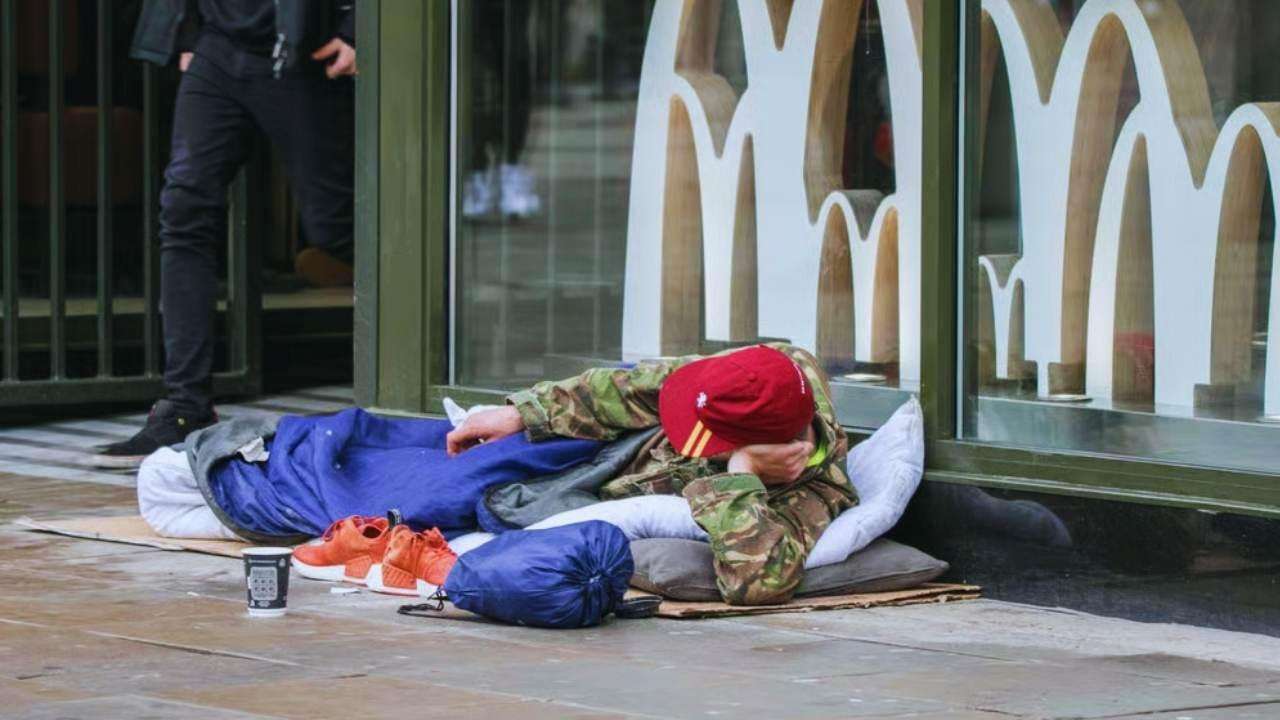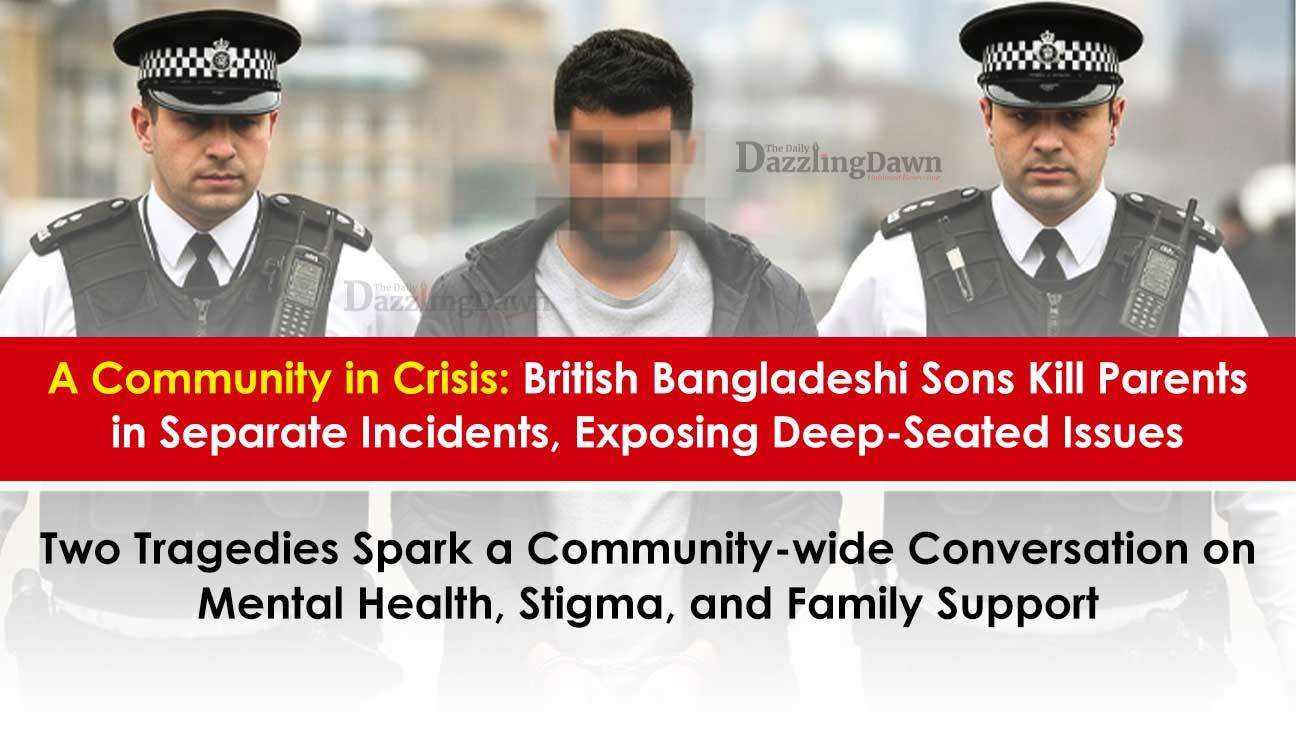Matt Downie, chief executive of Crisis, described the figures as "shameful," emphasizing the dangerous, dehumanizing, and damaging impact of rough sleeping on individuals' mental and physical health.
Several factors are cited as contributing to this escalating crisis, including:
Soaring Rents: London's housing market continues to be a major driver, with rising rents making it increasingly difficult for individuals and families to secure affordable accommodation.
Real-Terms Cuts to Housing Benefit: Benefits falling short of housing costs are leaving many vulnerable individuals unable to afford even the cheapest rental properties.
Gaps in Support Services: Insufficient provision for mental health support and domestic abuse services means many are falling through the cracks and onto the streets.
Chronic Shortage of Social and Affordable Housing: A fundamental lack of suitable and affordable homes across Britain is pushing more people into all forms of homelessness.
The new data follows government figures released last month, which showed a record number of households in temporary accommodation across England, including almost 170,000 children – the highest figure since records began.
While the Mayor of London has unveiled a new plan to deliver on his manifesto pledge of ending rough sleeping in the capital by 2030, including a network of Ending Homelessness Hubs and a focus on renovating empty properties, charities stress that a more ambitious and long-term national strategy is urgently needed. They are calling for greater cross-government collaboration to prioritize the delivery of social homes and ensure that people can move into secure housing as quickly as possible.
-->The number of people categorized as "living on the streets" in London has seen a dramatic 26% increase in the past year, according to newly released figures. Data from the Combined Homelessness and Information Network (CHAIN), a multi-agency database funded by the Mayor of London, reveals that 788 individuals were identified as living on the streets between April and June 2025, a significant rise compared to the same period in 2024.
This alarming surge highlights a deepening homelessness crisis in the capital, with charities and outreach services warning that the current support system is at breaking point. The 26% increase in those "living on the streets" – defined as individuals with multiple contacts with outreach teams over three weeks or more – represents more than double the rate seen a decade ago.
Overall, the total number of people recorded as sleeping rough in London during the same quarter was 4,392, a 4% increase from last year and a 58% rise over the last ten years. Worryingly, the number of people sleeping rough for the first time also saw a 4% increase compared to the previous year.
Homelessness charities have reacted with deep concern to the figures. Emma Haddad, chief executive of St Mungo's, stated, "Not only were more people rough sleeping for the first time this spring, but the numbers of people living on London's streets jumped by over a quarter – a startling rise compared to the same period last
Matt Downie, chief executive of Crisis, described the figures as "shameful," emphasizing the dangerous, dehumanizing, and damaging impact of rough sleeping on individuals' mental and physical health.
Several factors are cited as contributing to this escalating crisis, including:
Soaring Rents: London's housing market continues to be a major driver, with rising rents making it increasingly difficult for individuals and families to secure affordable accommodation.
Real-Terms Cuts to Housing Benefit: Benefits falling short of housing costs are leaving many vulnerable individuals unable to afford even the cheapest rental properties.
Gaps in Support Services: Insufficient provision for mental health support and domestic abuse services means many are falling through the cracks and onto the streets.
Chronic Shortage of Social and Affordable Housing: A fundamental lack of suitable and affordable homes across Britain is pushing more people into all forms of homelessness.
The new data follows government figures released last month, which showed a record number of households in temporary accommodation across England, including almost 170,000 children – the highest figure since records began.
While the Mayor of London has unveiled a new plan to deliver on his manifesto pledge of ending rough sleeping in the capital by 2030, including a network of Ending Homelessness Hubs and a focus on renovating empty properties, charities stress that a more ambitious and long-term national strategy is urgently needed. They are calling for greater cross-government collaboration to prioritize the delivery of social homes and ensure that people can move into secure housing as quickly as possible.








.svg)


